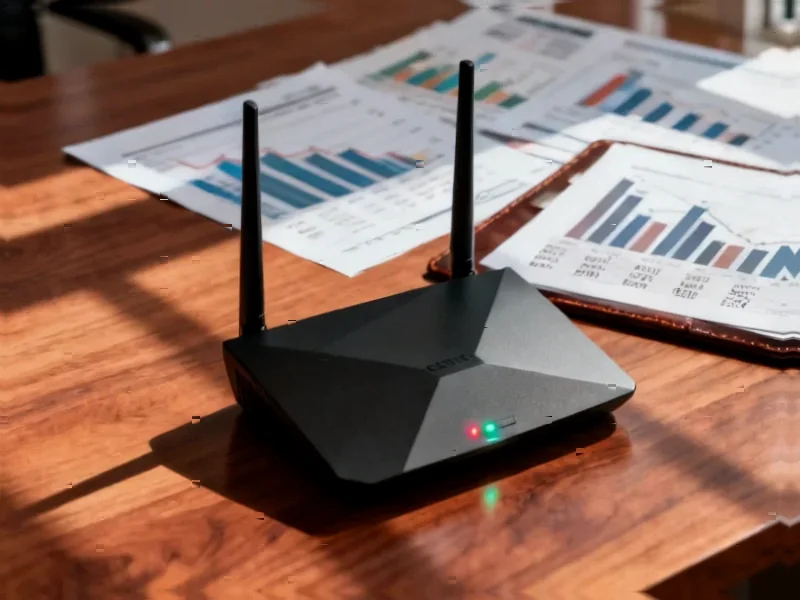Altice France has reportedly rejected a 17-billion-euro joint offer from French telecom rivals Bouygues Telecom, Iliad’s Free, and Orange for most of its SFR assets. The rejected bid had sparked hopes for increased consolidation in the European telecommunications market, with French regulators indicating they would closely scrutinize any potential deal.
Major French Telecom Bid Rejected
Altice France, the owner of telecommunications firm SFR, has reportedly rejected a substantial joint bid from three French rivals, according to internal communications obtained by Reuters. CEO Arthur Dreyfuss informed staff through a memo that the company immediately turned down the non-binding offer valued at 17 billion euros ($19.8 billion) for most of Altice France’s assets, which would have valued the entire company at approximately 21 billion euros.









